The first reviews for the iPad mini 6 are out, and they all follow the same line that it is a remarkable device, yet not meant to be used for serious work.
CNBC: Exciting, but expensive
CNBC's review of the iPad mini 6 is mostly a rave, but comes with huge caveats. It calls this device "the more exciting" of the two latest iPad releases, but "if you're not dead-set" on the smaller device, "you can save a lot of money" with the regular iPad.
The reviewer also said that the new design of the volume buttons "take some getting used to," as they've been repositioned to the "top if you're holding the tablet in portrait."
"It's more of a portable gaming/video/reading machine than, say, something you'd want to pull out and attach a keyboard to for work or school," says CNBC. "The screen is too small for that. And Apple doesn't even make a keyboard for it."
Engadget: The best iPad, but with niche appeal
"It finally looks fresh, but the niche appeal remains the same," says the Engadget review of the iPad mini 6.
"The iPad mini's spec sheet has changed quite a bit, but the appeal of the tablet remains the same," continues Engadget. "It looks and feels different thanks to the redesign and the handful of new features Apple brought to it."
"What it will come down to, as always, is size," concludes the review. "The iPad mini remains the best small tablet out there and you probably already know if an 8-inch tablet has a place in your life."
Gizmodo: Freeing, but not for work
Gizmodo also raves about the iPad mini 6, but it also repeats the same issue that it is a niche device, specifically that it isn't intended for work.
"I love this thing," says the review. "It's an iPad that isn't trying to be anything other than what it is— and best of all, I feel absolutely no pressure to get work done on it."
Gizmodo argues that the iPad mini can't replace a computer, "nor is it trying to." Instead, it's a reading, games, and video device.
"Prior to the 6th-gen model, the Mini lineup's only real selling point was its portability," concludes the publication. "It's still the marquee feature, but the Mini is no longer the runt of the iPad lineup— at least when it comes to performance."
The Wall Street Journal: Bigger screen, blazing speed
WSJ's review of the iPad mini praises the new A15 Bionic, calling its performance "smooth and zippy." The edge-to-edge screen also encourages users to side-by-side their favorite apps. The reviewer even stated that she felt like the iPad mini "practically begged me to turn it into a little laptop."
Additionally, the review praised the iPad mini's new USB-C capabilities, allowing users to connect external drives and accessories to the ultra-portable tablet.
Battery life was average, with the reviewer noting, "The battery life is rated for 10 hours on Wi-Fi and nine hours on cellular, the same as previous iPad Minis... With more casual use— including a short FaceTime call, podcast listening, article reading, some YouTube-ing— on a mix of both cellular and Wi-Fi, the tablet lasted two full days on a charge, with about seven hours of active screen time."
As far as criticism goes, WSJ had concerns over storage sizes. The base model, priced at $499 for the Wi-Fi model or $649 for the 5G cellular model, only features 64GB of storage. The reviewer quickly pointed out that roughly 14GB of storage is dedicated to system files, leaving users with a scant 50GB left.
"And the pricing increases don't include a storage bump... The new iPad Mini still starts with just 64 GB. And you have to pay $150 to get to the next level, an unnecessarily large 256 GB."
The review also pointed out that the iPad mini is still the only entry into the iPad lineup lacking the Smart Connector, which would allow the iPad mini to connect to accessories like the Magic Keyboard.
The Guardian: Power, but at a price
The Guardian's review of the new iPad mini also focuses on the speed and power of Apple's latest iteration of their smallest tablet, drawing obvious comparisons with the recently released iPad Air.
"The new mini is essentially the 2020 iPad Air hit with a shrink ray," the reviewer writes. "It has the same home button-less look, Touch ID fingerprint reader in the power button, USB-C for power and a great set of stereo speakers, just with a screen that is only 8.9in on the diagonal compared with 10.9in on the Air."
The reviewer praises the A15 Bionic processor, calling the iPad mini "one of the most powerful tablets you can buy," and stating that it "performs excellently all around."
Again, there are concerns over the pricing. They point out that the new 10.2-inch iPad is significantly cheaper, and the 2020 iPad Air may function better as a computer replacement. They state that the best use case for the iPad mini may be a user who needs a secondary, smaller tablet or someone who wants a premium tablet experience in a small footprint.
Still, The Guardian commends Apple for its long software support for tablets, inferring that while buying an iPad mini may be more expensive than a comparable tablet, it should be seen as an investment.
Tom's Guide: Fantastic upgrades, but no support for the Magic Keyboard
Like other reviews, Tom's Guide is quick to praise the blazing-fast speeds of Apple's A15 Bionic processor, which is 80% faster than the A12 Bionic in the previous iPad mini.
However, Tom's Guide also wishes that the pint-sized tablet was compatible with Apple's Magic Keyboard.
"What's missing is support for the Magic Keyboard, and it's something that I can't ignore, especially after spending a whole month with my 4th gen iPad Air," the reviewer writes. "Ever since I got my hands on the Magic Keyboard and started using it with my iPad Air, I can't imagine going back to using a keyboard-less tablet, be it small or large."
However, they are quick to point out that the lack of support for the a non-Bluetooth keyboard does not intrinsically make the iPad mini a bad tablet. Instead, they anticipate that many will tick all the boxes for many prospective buyers.
 Amber Neely
Amber Neely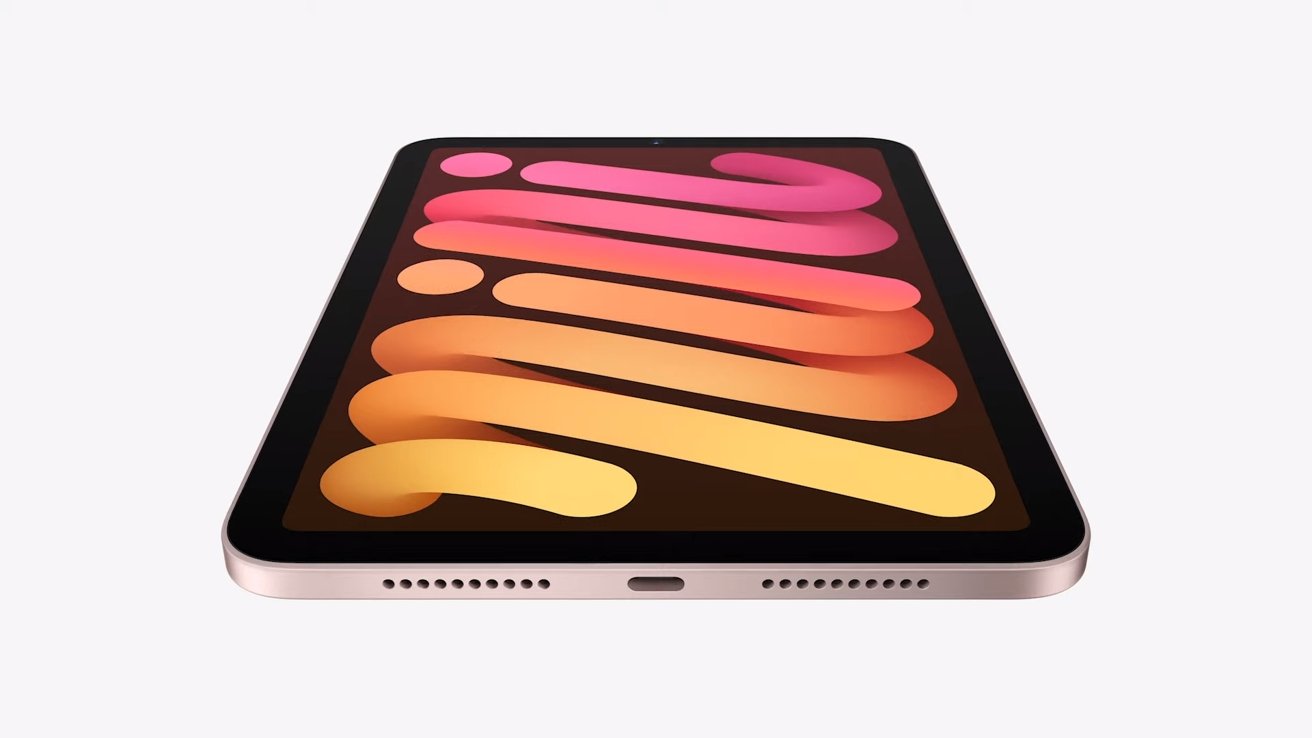
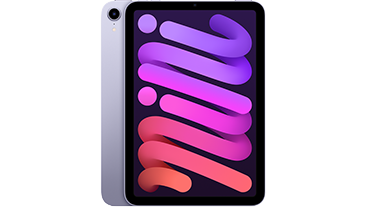
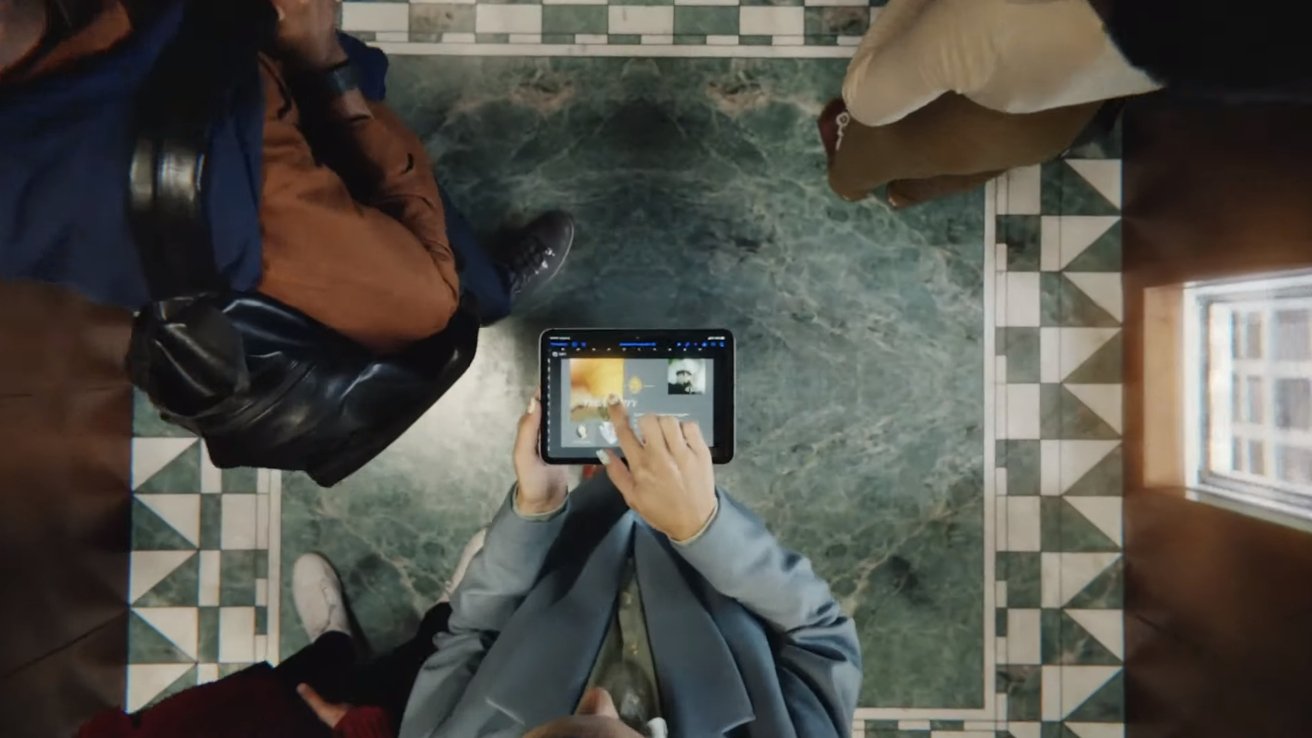
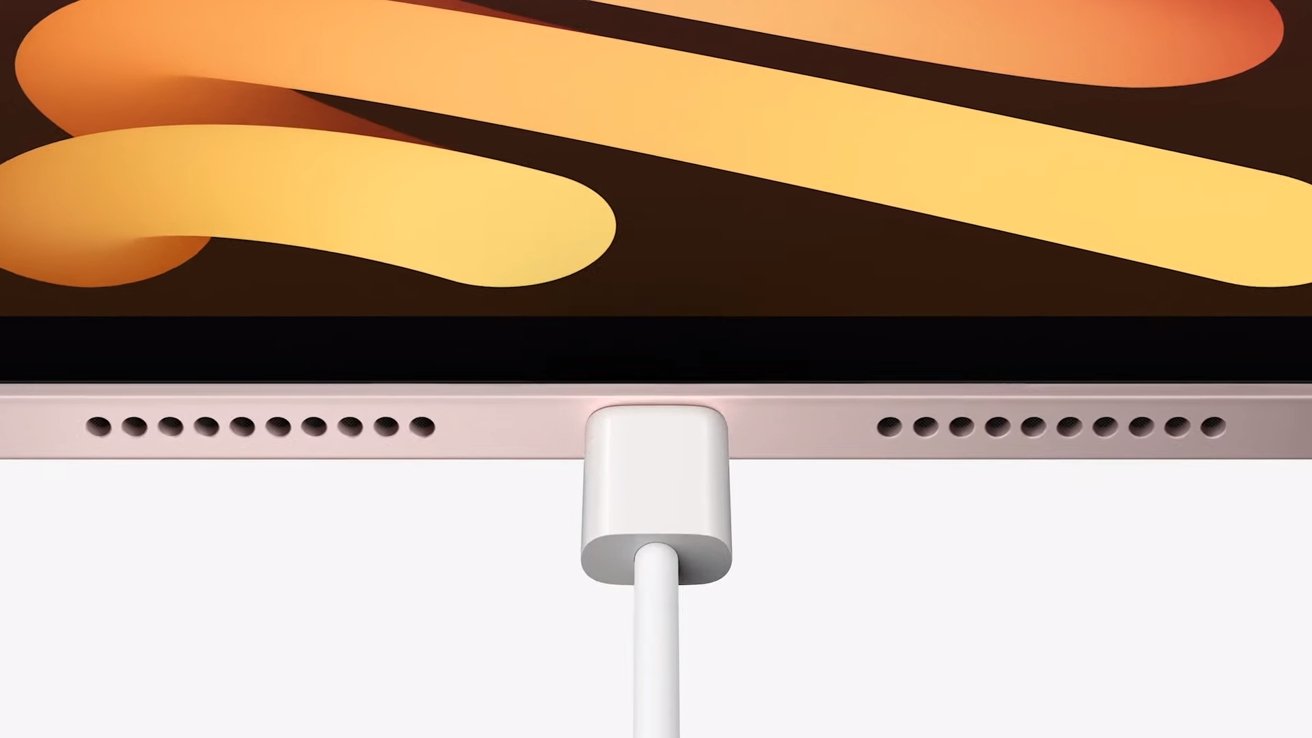
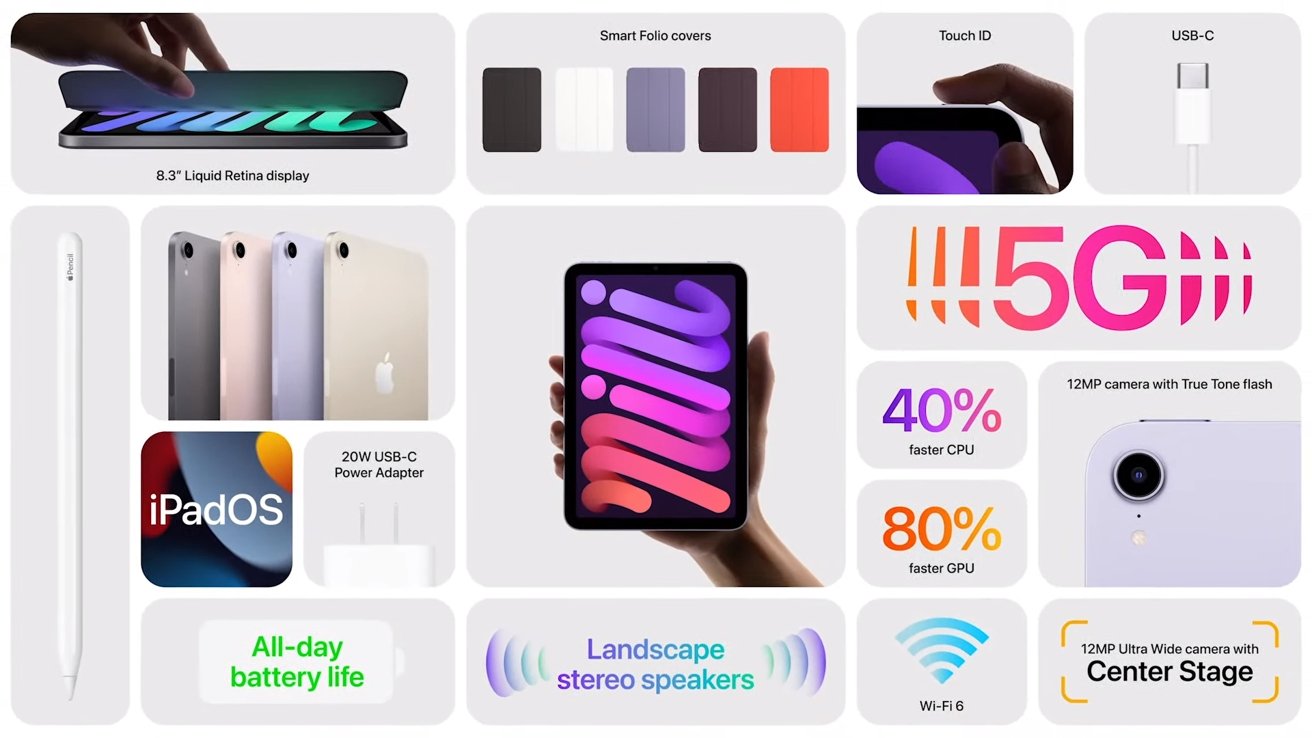







-m.jpg)






 Wesley Hilliard
Wesley Hilliard
 Marko Zivkovic
Marko Zivkovic

 Malcolm Owen
Malcolm Owen



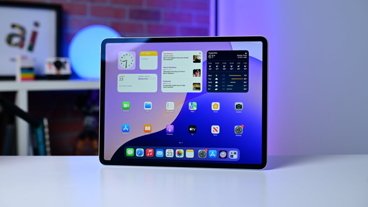









48 Comments
I am upgrading from the current mini to the new generation six. What a great tablet
I don’t get how anyone could say this „isn’t for work“: typical journalists who can only imagine desktop work or leisure.
Take tableside POS order entry and payment in a restaurant: iPhones are expensive and too small (iPod touches are essentially gone), and full sized iPad are too big and clumsy.
similar things can be said for using the device for inventory tracking, bed-side health data entry (iPad mini fits into a lab coat pocket) etc.
Unfortunately iPad Mini is useless as a network testing device, since Apple won’t allow access to MAC addresses, not even as something users can allow on a per-app basis in privacy settings.
The iPad Mini is…well…mini. By definition it gives up some things for size. If you want the capabilities of a full sized iPad, then the Air is there, for not too much more. It will give you all the extra bells and whistles you want.
isnt iPad Mini also a phone since it supports cellular (if you go for celluar in addition to wifi)?